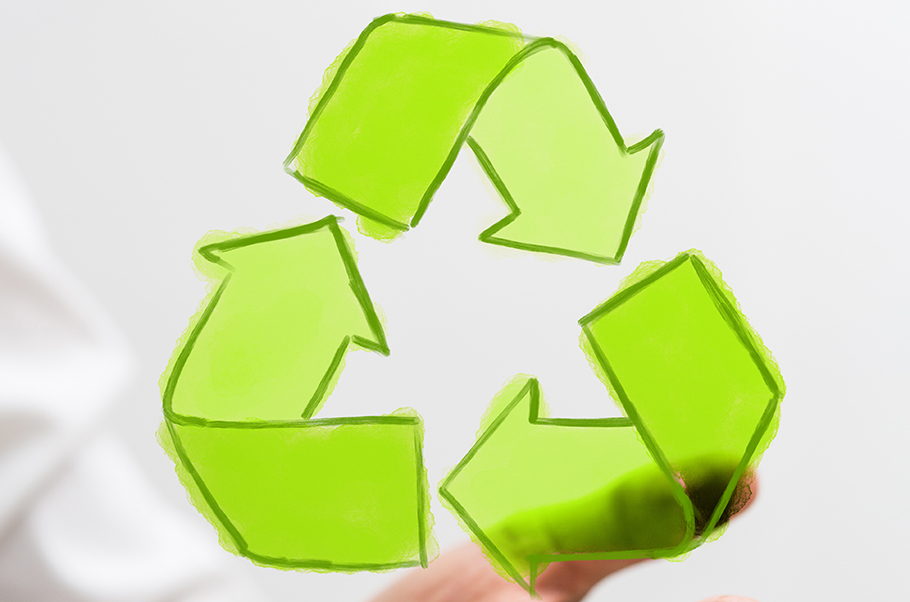International Plastic Recycling Groups Announce Global Definition of “Plastics Recyclability”
In an effort to provide a consistent metric to guide the efforts of sustainability for plastics in the Circular Economy, two of the leading global international recycling organizations have developed a global definition governing the use of the term “recyclable” as is relates to plastics packaging and products.
In the joint announcement, Ton Emans, President of Plastics Recycling Europe, and Steve Alexander, President and CEO of The Association of Plastic Recyclers, pointed to the onslaught of recent announcements around commitments to package sustainability and recyclability.
“The use of the term ‘recyclable’ is consistently used with packages and products without a defined reference point,” commented Alexander.
“At the end of the day, recyclability goes beyond just being technically recyclable there must be consumer access to a recycling program, a recycler must be able to process the material, and there must be an end market.”
“Recently, we have seen many announcements regarding legislative measures on plastics products and pledges of the industry actors committing to making their products recyclable,” added Emans.
“As recyclers, we are a fundamental part of the solution to the issue of sustainability of plastics, and we need for the appropriate audiences to understand what is necessary to label a product or package ‘recyclable’. We welcome these commitments and encourage others to follow. Nevertheless, clear and universally endorsed definitions and objectives are needed.”
Plastics must meet four conditions for a product to be considered recyclable:
- The product must be made with a plastic that is collected for recycling, has market value and/or is supported by a legislatively mandated program.
- The product must be sorted and aggregated into defined streams for recycling processes.
- The product can be processed and reclaimed/recycled with commercial recycling processes.
- The recycled plastic becomes a raw material that is used in the production of new products.
Innovative materials must demonstrate that they can be collected and sorted in sufficient quantities, must be compatible with existing industrial recycling processes or will have to be available in sufficient quantities to justify operating new recycling processes.
Although the definition is to be applied on a global scale, both groups understand the complexity of a global system of plastics recycling, and welcome comments from the plastics recycling industry and relevant stakeholders. Today, this definition has been supported by PETCORE Europe (http://www.petcore-europe.org). A Global Definition of Recyclability is an integral step to harmonize the worldwide plastics recycling industry.
